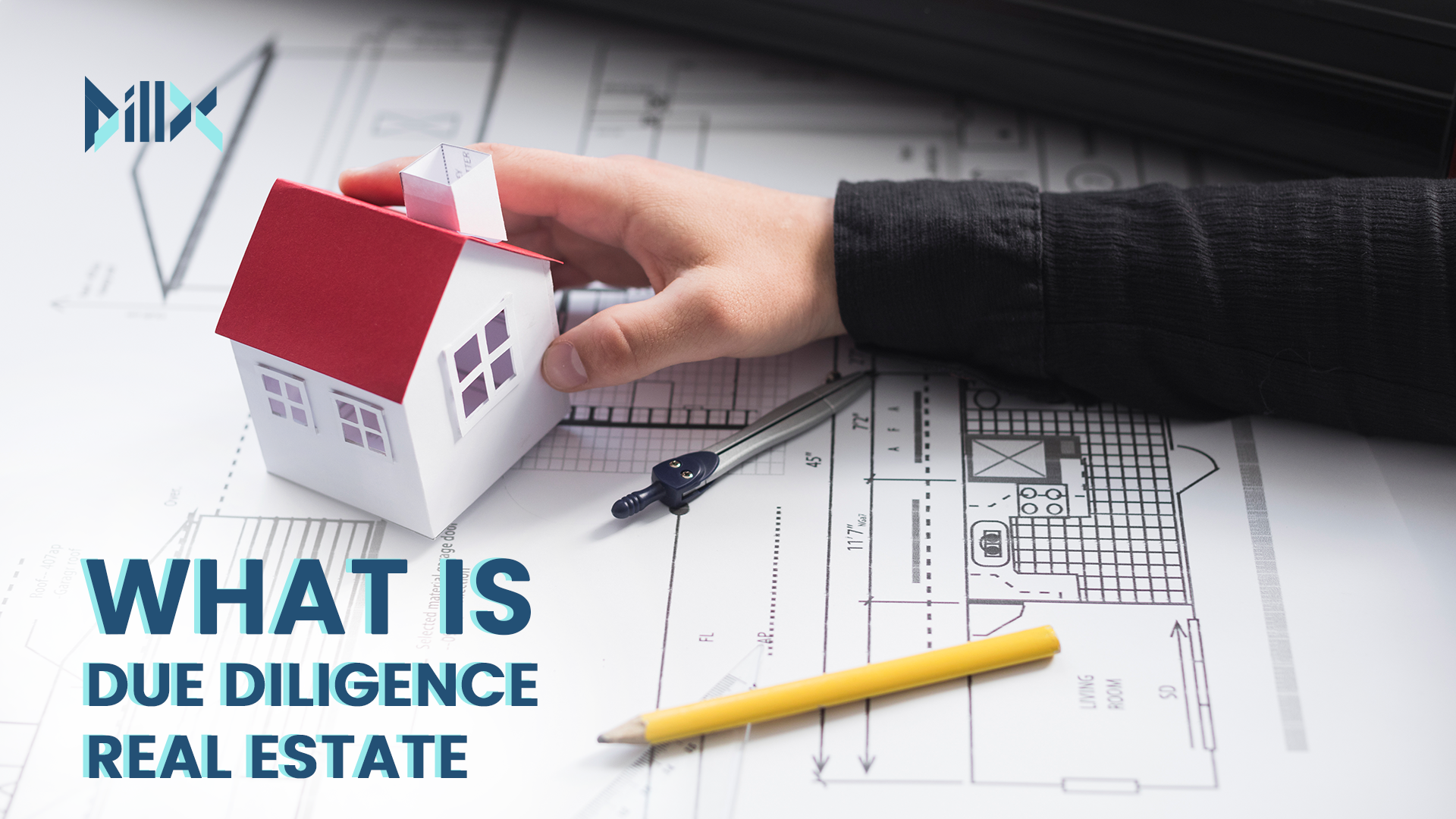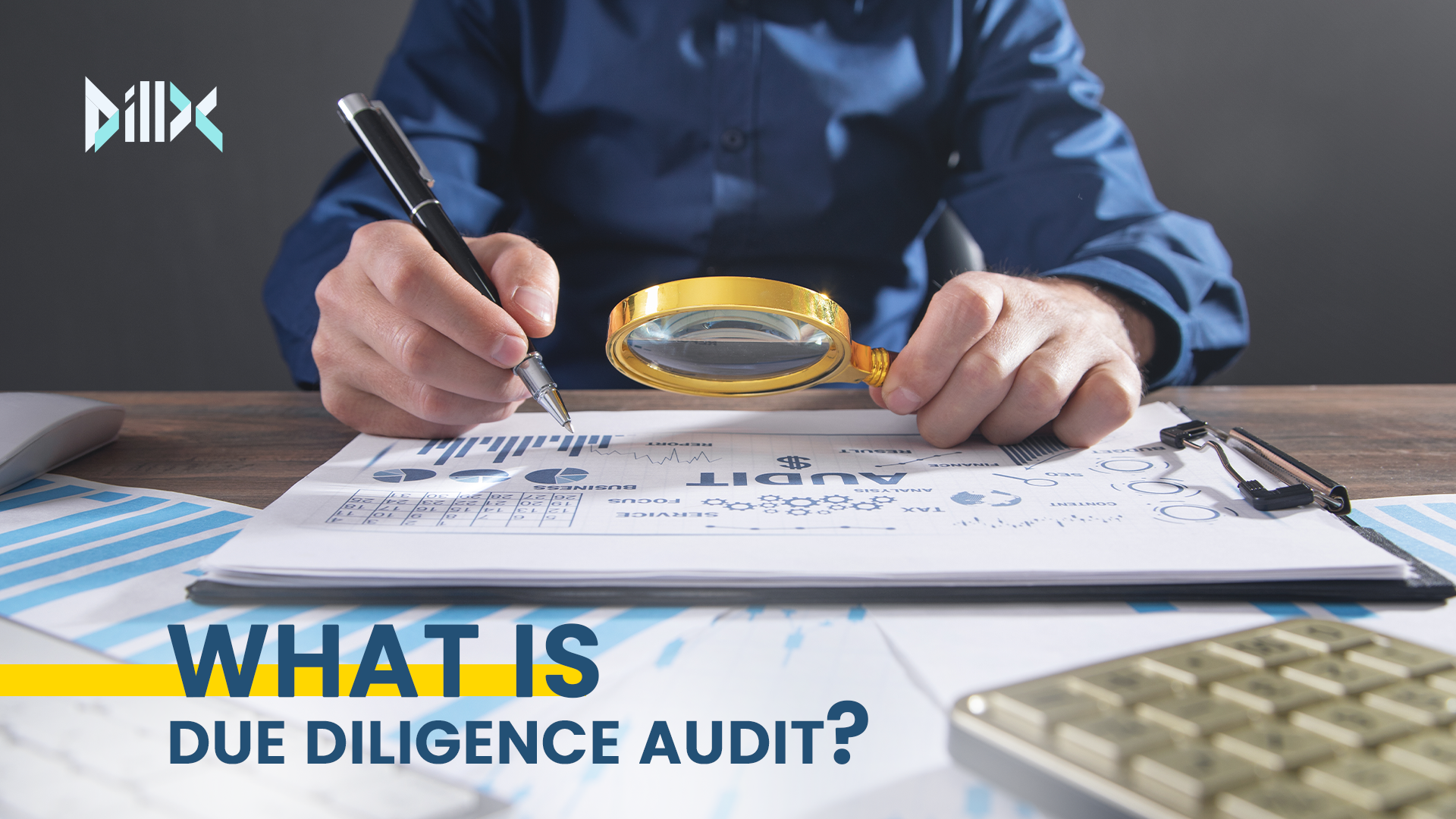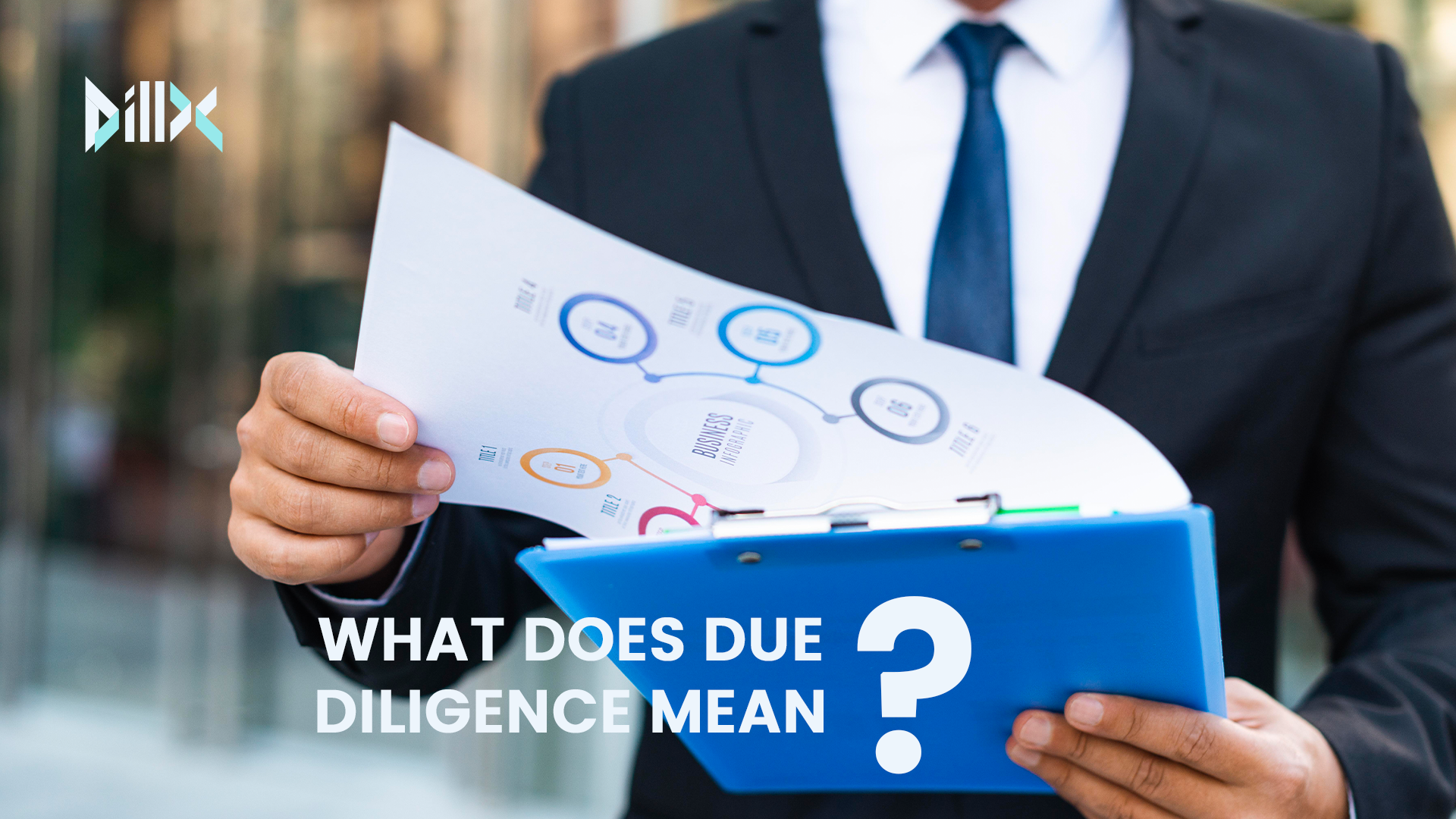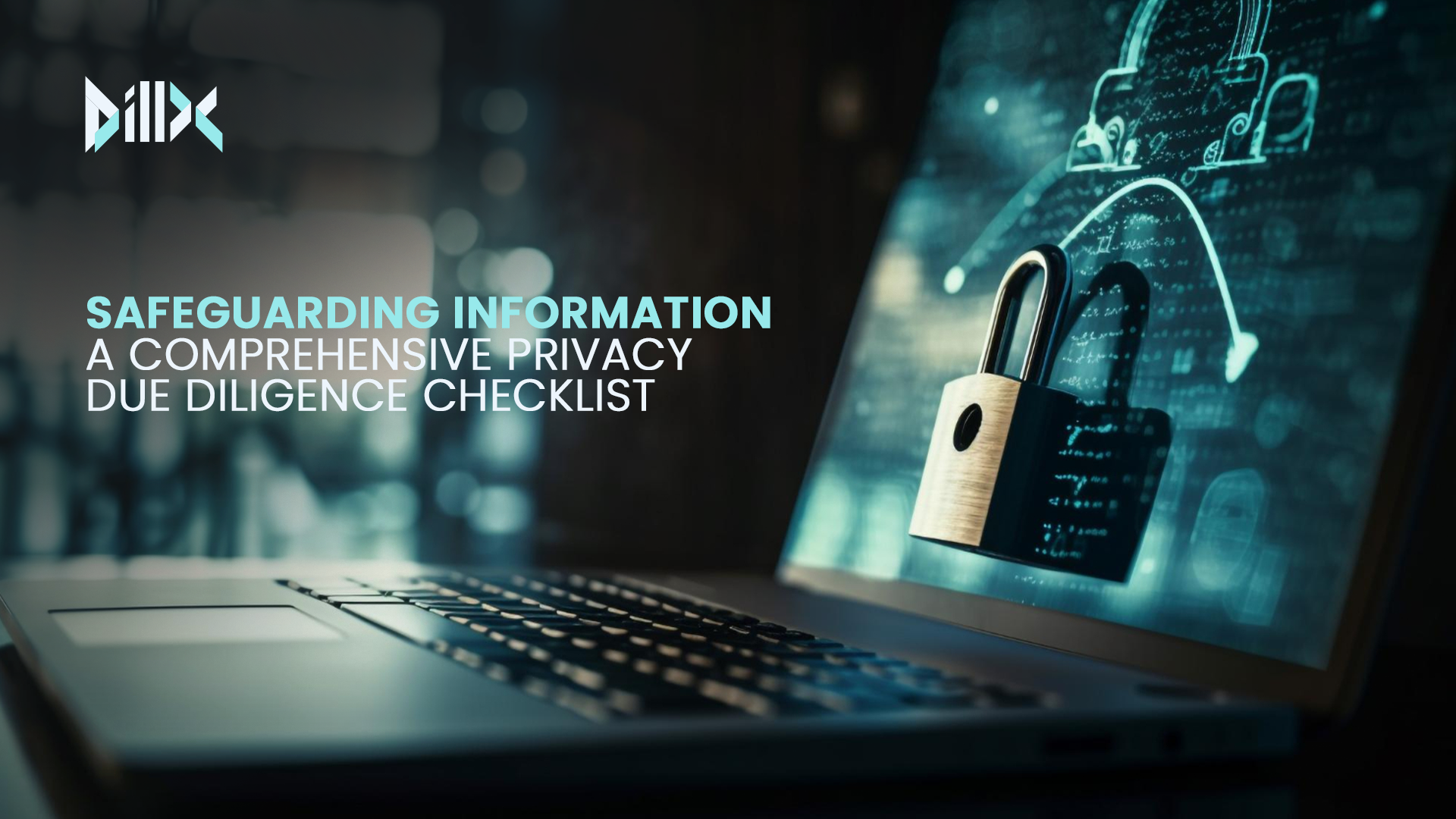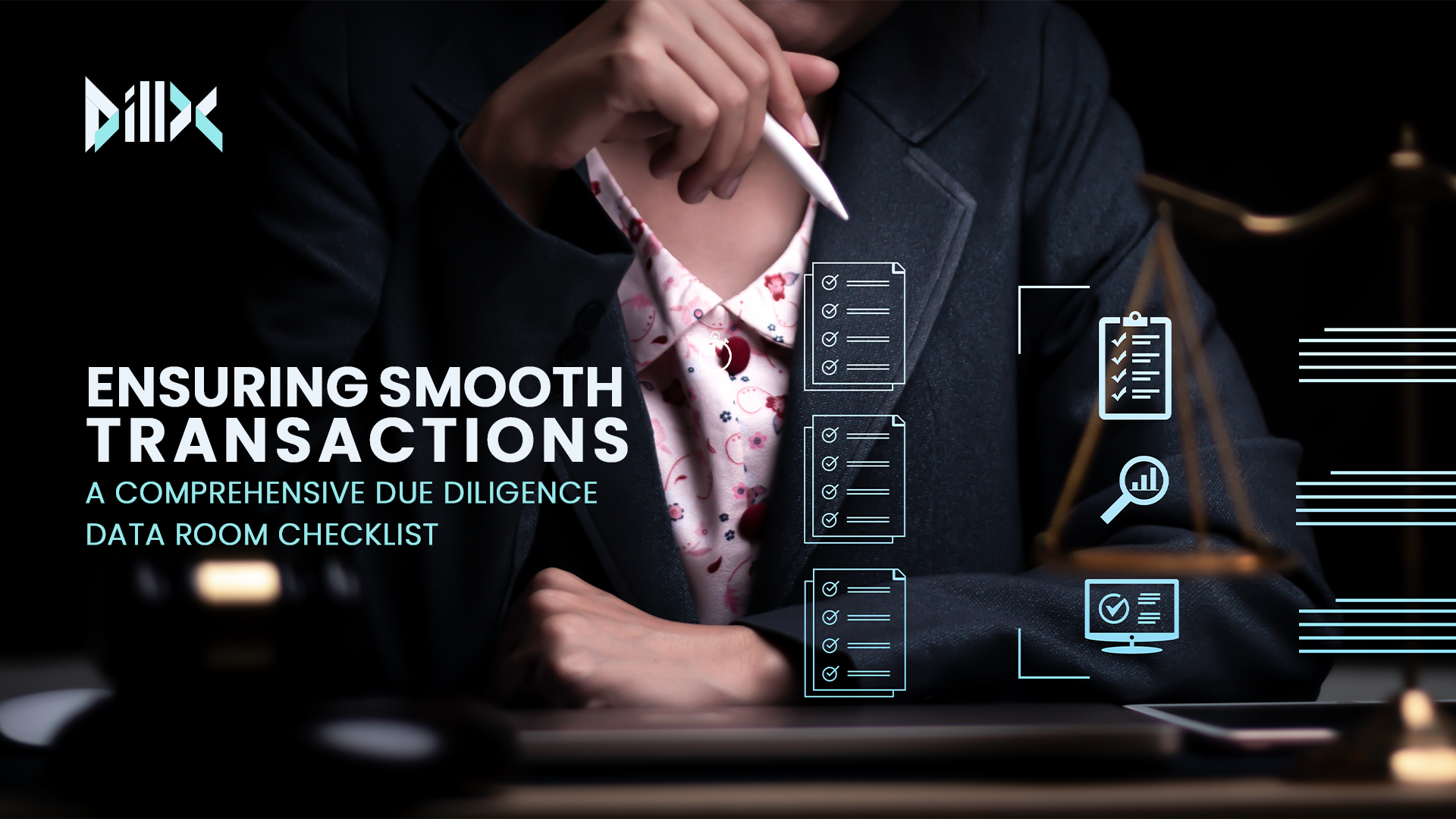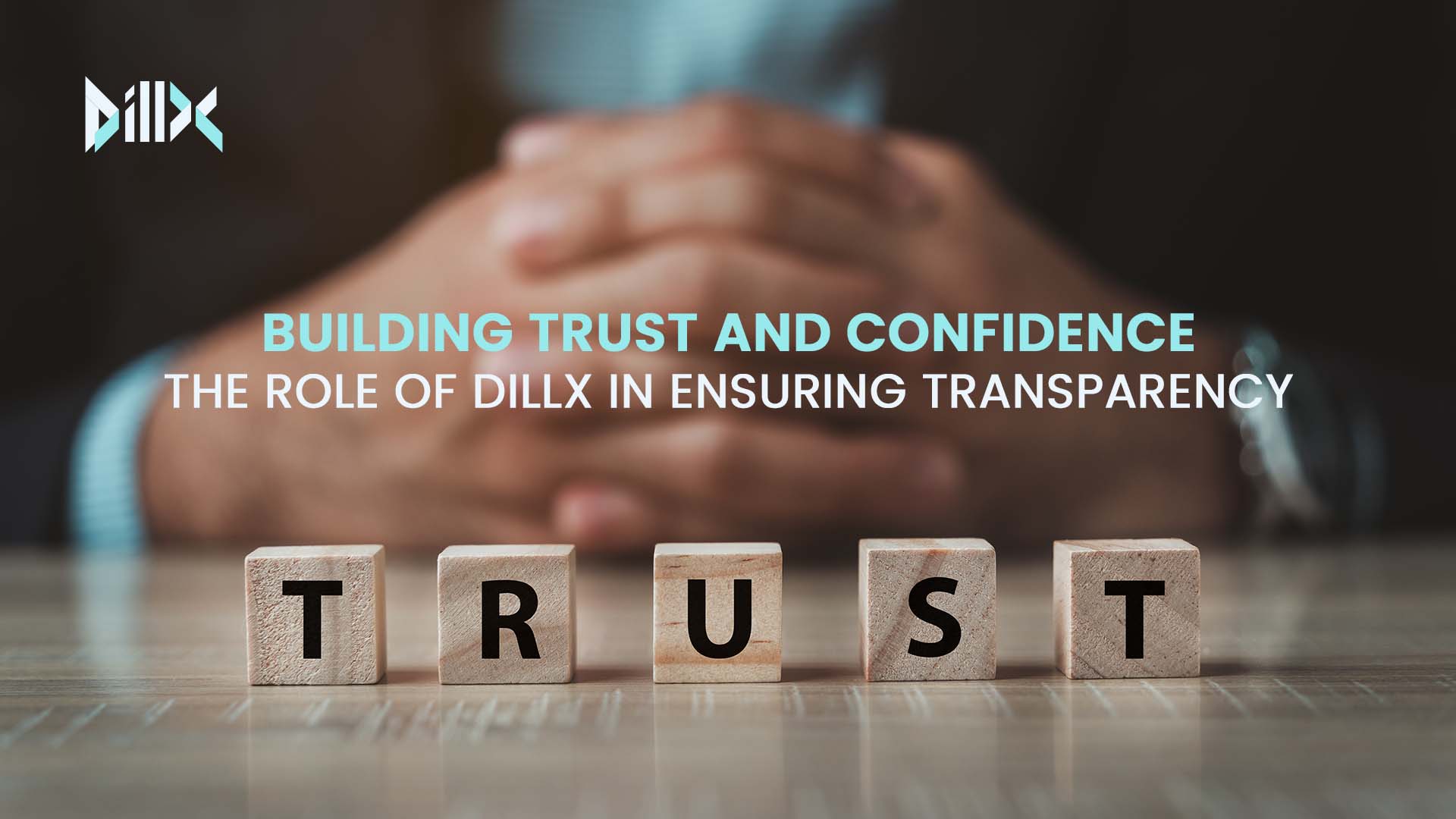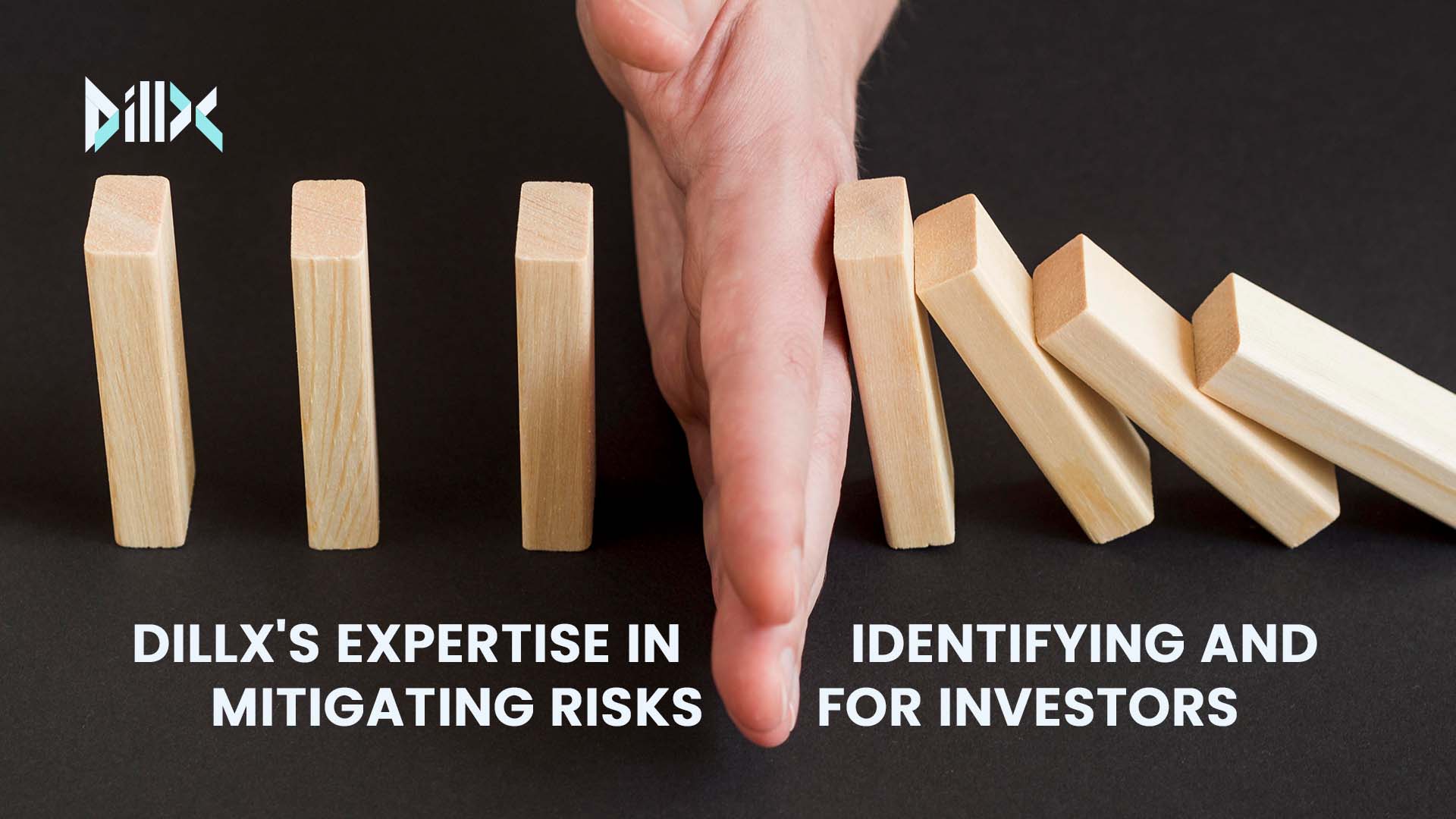Real estate transactions are monumental endeavors that involve substantial investments, legal complexities, and potential risks. In this intricate landscape, due diligence serves as a crucial compass to navigate the multifaceted realm of property dealings. This blog post delves into the significance of due diligence in real estate, shedding light on its role, benefits, and the key steps involved in conducting a comprehensive assessment.
The Importance of Due Diligence in Real Estate:
Due diligence in real estate is the meticulous investigation, analysis, and verification of all pertinent information related to a property before finalizing a transaction. It is a critical safeguard that allows buyers, sellers, investors, and lenders to make informed decisions while minimizing risks and uncertainties. Engaging in due diligence demonstrates a commitment to transparency and ensures that the transaction is built on a foundation of accurate information.
Benefits of Due Diligence in Real Estate:
- Risk Mitigation: By thoroughly examining the property’s details, including its physical condition, legal status, and financial health, due diligence helps identify potential risks and issues that may impact the transaction.
- Informed Decision-Making: Armed with verified information, stakeholders can make well-informed decisions about whether to proceed with the transaction, negotiate terms, or adjust pricing.
- Legal and Regulatory Compliance: Due diligence ensures that the property adheres to zoning laws, land use regulations, and other legal requirements, preventing legal complications in the future.
- Financial Transparency: Buyers and investors can accurately assess the property’s value, potential income streams, and potential expenses to ensure the investment aligns with their financial goals.
- Negotiation Leverage: Uncovered issues during due diligence can provide room for negotiation, allowing parties to renegotiate terms or seek concessions based on the findings.
Key Steps in Conducting Due Diligence in Real Estate:
- Property Inspection: A thorough physical inspection of the property to assess its structural condition, quality of construction, and any potential maintenance needs.
- Title Search: Verifying the property’s legal ownership and history of ownership changes, as well as identifying any liens or encumbrances that could affect the transaction.
- Legal Documentation Review: Examining contracts, leases, zoning documents, and any legal agreements related to the property to ensure compliance and uncover potential issues.
- Financial Analysis: Assessing the property’s financial performance, including income, expenses, and potential future revenue streams.
- Environmental Assessment: Evaluating any potential environmental hazards or concerns associated with the property.
- Market Analysis: Understanding the local real estate market and how the property compares to similar properties in terms of value, demand, and potential for appreciation.
- Regulatory Compliance: Ensuring the property meets all zoning, building codes, and land use regulations in the area.
Conclusion:
In the intricate realm of real estate, due diligence emerges as a guiding light that illuminates the path to successful transactions. By meticulously investigating a property’s physical, legal, and financial aspects, due diligence empowers stakeholders to make well-informed decisions and mitigate potential risks. Engaging in due diligence underscores a commitment to transparency, responsible investment, and a transaction built on solid foundations.
About DillX
Unlock the power of streamlined due diligence with DillX. Say goodbye to months of manual, costly processes and embrace efficiency in just 3 days. Our SaaS platform automates the entire due diligence process, generating detailed DX reports with pre-verified company information and red flag alerts. Founders can track their investment readiness, while investors can assess more startups with reduced risk. Ready to transform your due diligence experience? Join our platform today.




























